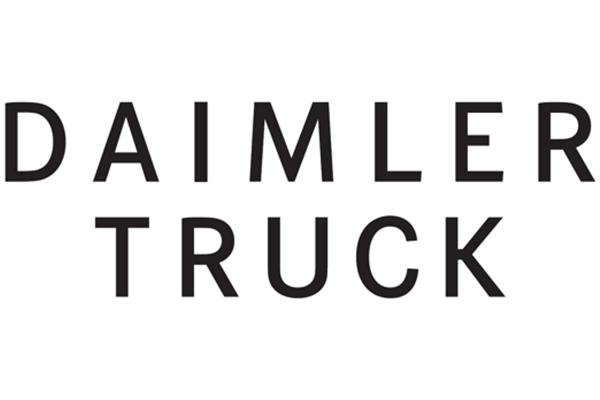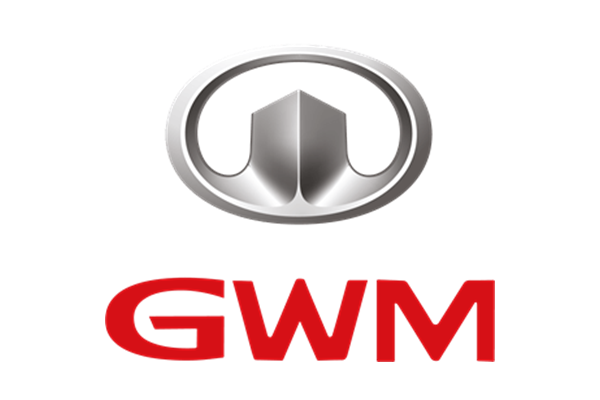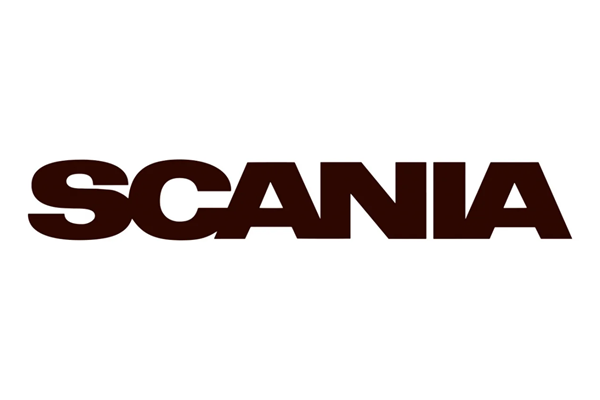ABOUT US
Drive Sustainability is an automotive Partnership between 18 automotive manufacturers, facilitated by CSR Europe.
Our mission is to work together to improve the social, ethical, and environmental performance of automotive supply chains. It is of great importance to this partnership of responsible automotive manufacturers that the individuals making vehicles, components, or providing services, are afforded decent working conditions and are treated with dignity and respect, while minimising the environmental impact of their industry.
OUR STRATEGY
OUR APPROACH
BY THE NUMBERS
37
37 materials assessed based on materials’ importance for industry and associated ESG risks
107,061
Over 127,000 Sustainability Assessment Questionnaires (SAQs) conducted in more than 126 countries
3,000
Over 3,000 suppliers engaged in capacity building activities
NEWS
Preparing Amid Uncertainty: How Drive Sustainability Advanced EUDR Readiness in 2025
In 2025, Drive Sustainability continued its work to support the automotive supply chain in preparing for the EU Deforestation Regulation (EUDR). While the regulation is designed to strengthen global e...
Read moreGreen Light for DS Grievance Escalation Platform: Set to Pilot in 2026
Drive Sustainability's Grievance Escalation Platform, a collective mechanism designed to significantly increase the remediation impact of OEMs and their Tier-1 suppliers by enabling them to jointly a...
Read moreAdvancing Due Diligence and Sustainability in the Automotive Supply Chain: Drive Sustainability at the OECD
This year, Drive Sustainability had the opportunity to contribute to two significant OECD platforms dedicated to strengthening responsible business conduct and due diligence across global value chains...
Read more



















